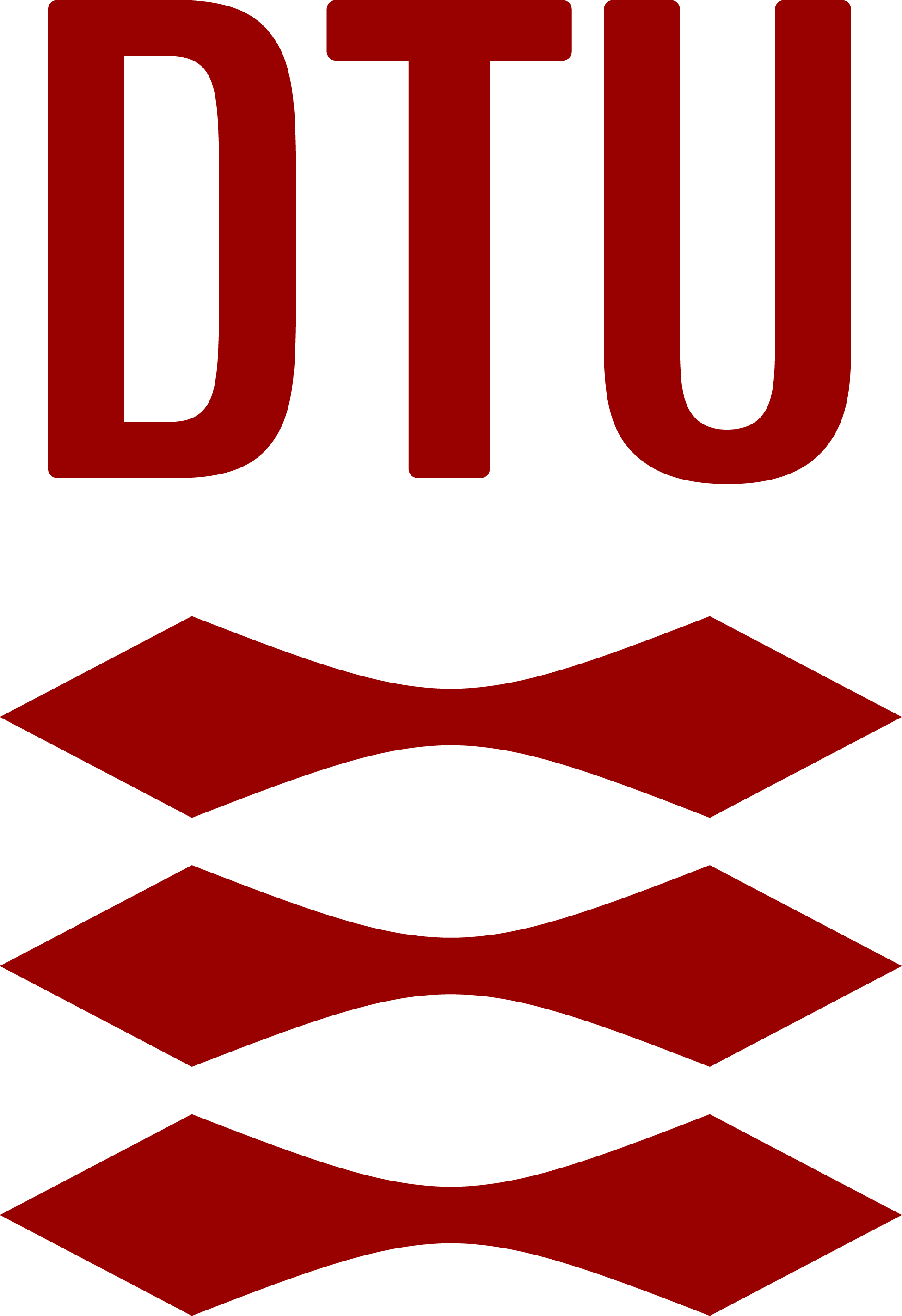Over deze cursus
The overall aim of this course is to give a theoretical background within production of food ingredients with a specific focus on adding value to raw materials and waste/side streams for production of new food ingredients and supplements in a sustainable manner. Cases will be used as illustrations of applied tehcnologies, production and utilization concepts. The aim is also to give an introductory background on the quality and functionality of the ingredients and their utilization. The student will in the learning process understand and theoretically apply processes (e.g. enzymatically, liquid-liquid and solid-liquid extraction, filtering, drying etc.) to different raw materials/biomasses in order to obtain different new ingredients of higher value such as proteins, polysaccharides, pigments, vitamins and polyphenols. The sustainability of the technologies used will be justified through calculations of e.g. water and energy use. The raw materials and wastes are case studies such as algae, fish side streams, potato waste. Furthermore, the students will briefly learn about the functions of the ingredients such as emulsifiers, antioxidants, colouring agents etc. The teaching will be a mix of aqusition through just in time teaching (f.x. e-learning), team work inquiry and collaboration for the production of hand in posters for each case, student presentations and discussions, in order to form future food engineers with innovative problem solving and solution skills. Evaluation will be based on the ability to discuss and argue for the choices of technologies for the problem solving and solutions.
Leerresultaten
At the end of the course the learner will be able to: , Explain and compare common processes and technologies used for production of food ingredients and discuss their advantages/disadvantages , Discuss how new ingredients can be produced; utilized and create value from raw materials and waste/side streams from food industries in a sustainable manner , Describe the quality parameters and functionalities of the different categories of food ingredients , Create theoretical concepts for practical challenges of (multi-)extraction of the different raw materials described in the lectures by identifying; validating and applying the theoretical knowledge , Identify and define the most suitable process case by case , Justify and evaluate principles of processes across different cases , Describe; justify; present and discuss the (multi-)extraction concepts concisely in posters; pitches and at the oral exam , Evaluate and give constructive feedback to posters and pitches from other course participants.
Toetsing
Oral examination (50 %) and evaluation of the final version of all posters (50 %) that are produced during the course. Individual examination based on one of the submitted posters plus answer to general questions of the theoretical aspects.
Voorkennis
Knowledge about food chemistry is highly recommended
Activiteiten
Learning activities: Learning through "just in time" teaching (e-lectures planned just in time) for optimal inquiry, discussion, collaboration and production when in class.
Aanvullende informatie
- Locatie instellingAnker Engelunds Vej 1 1, Kgs.Lyngby
- Meer infoCursuspagina op de website van Technical University of Denmark
- Neem contact op met een coordinator
- NiveauMaster
- Contact uren per week8
- InstructeursSusan Løvstad Holdt, Ditte Baun Hermund
- InstructievormHybrid
